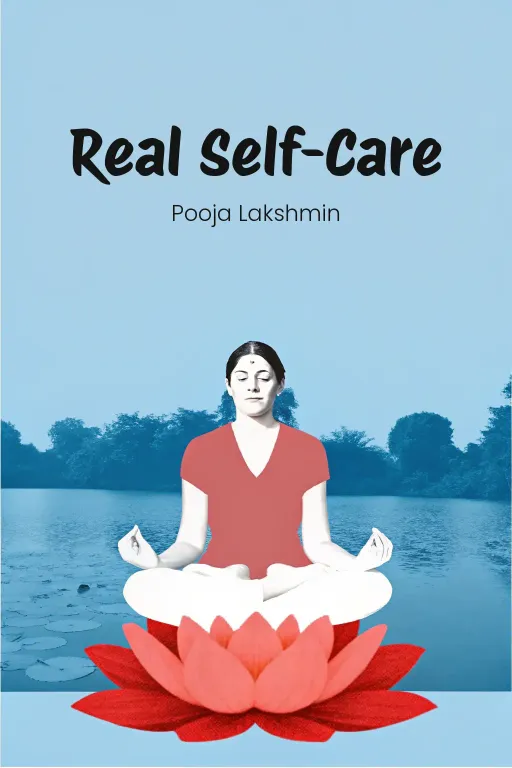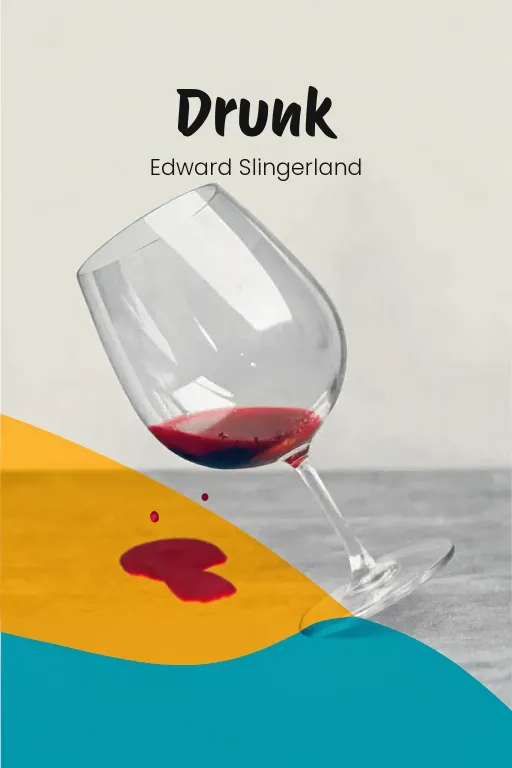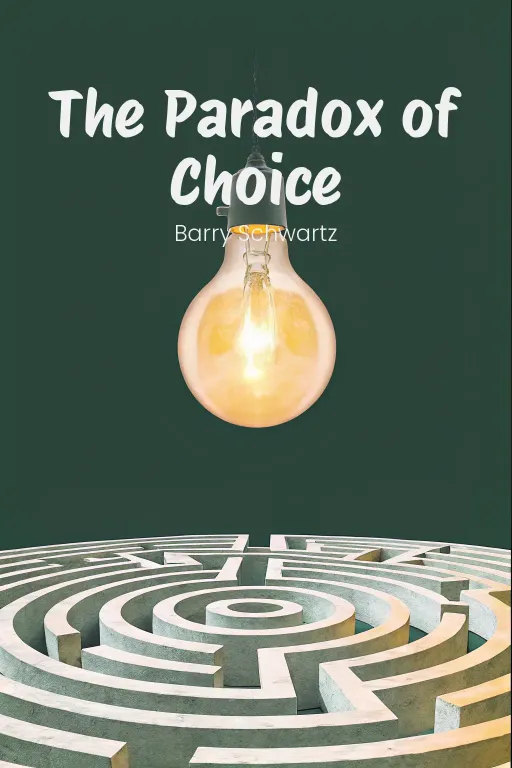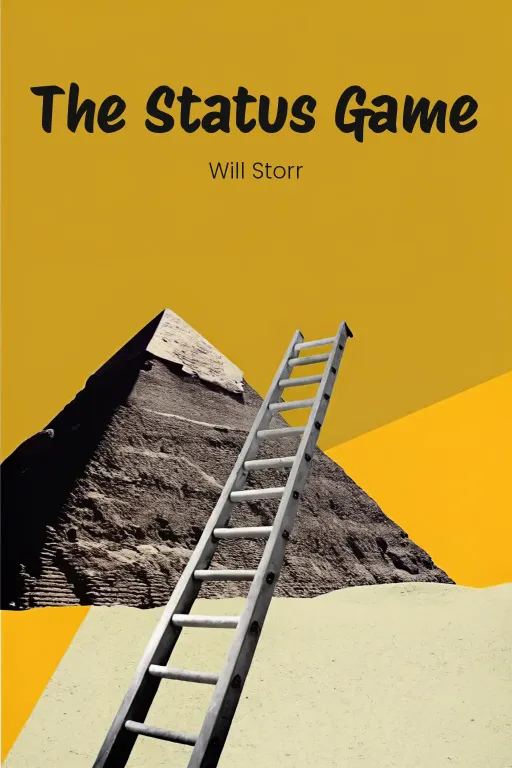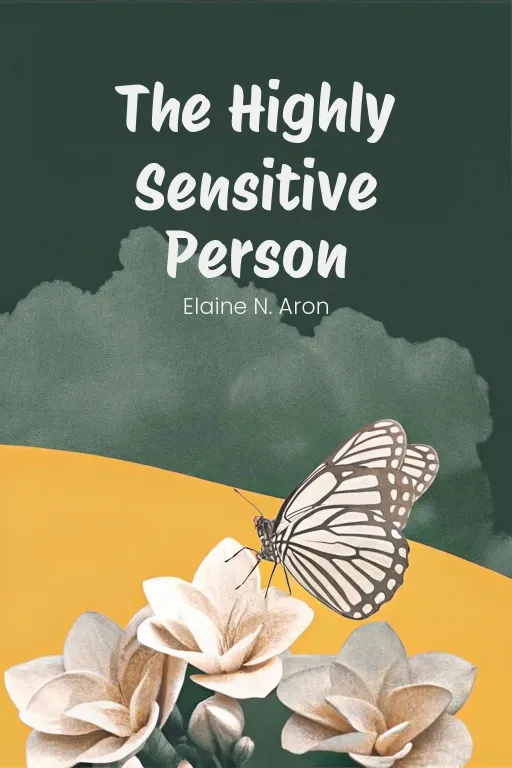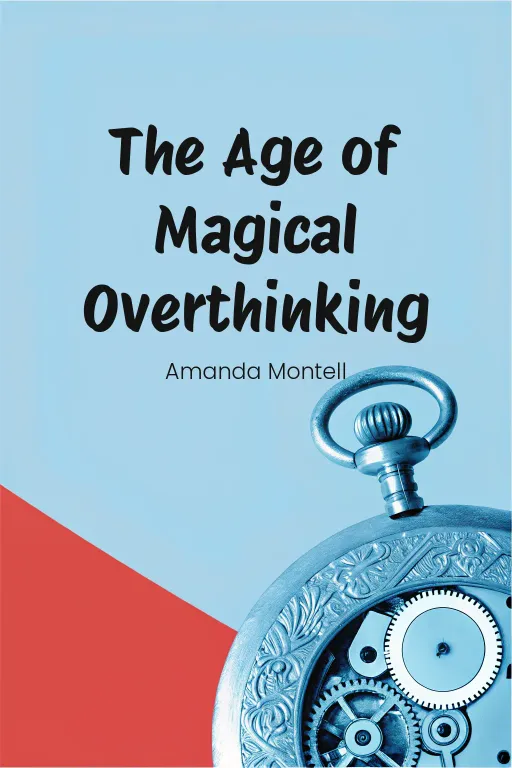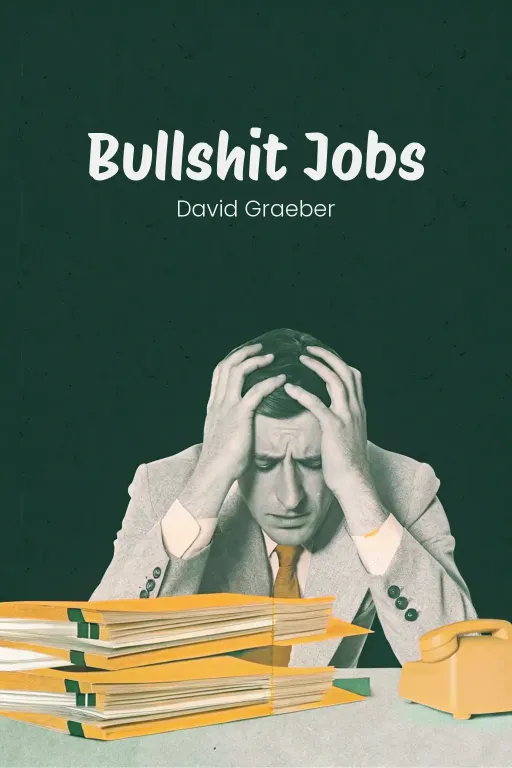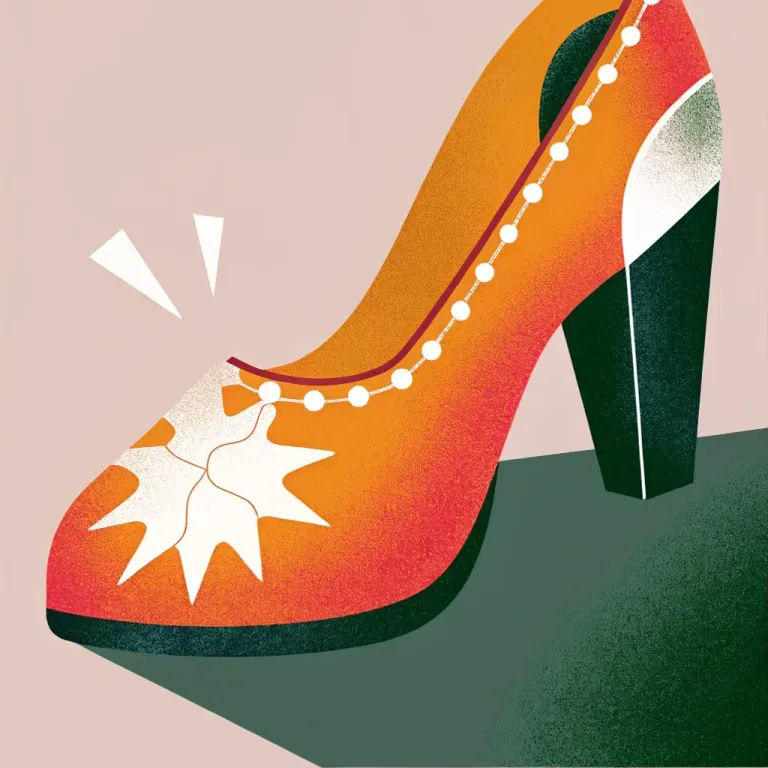
Beyond the Booze: Reclaim Your Story
Podcast by The Mindful Minute with Autumn and Rachel
The Radical Choice to Not Drink in a Culture Obsessed with Alcohol
Beyond the Booze: Reclaim Your Story
Part 1
Autumn: Hey everyone, welcome back! Today, we're diving into something super common, yet surprisingly complex: alcohol. I mean, think about it, from happy hour to weddings, even just unwinding after work, alcohol is everywhere. But, is it really as harmless, or even beneficial, as we're led to believe? Rachel: Yeah, it’s a pretty pervasive part of our culture. To be honest, I hadn't really questioned it much until I read Holly Whitaker's “Quit Like a Woman”. That book “really” opened my eyes to how alcohol isn't just a beverage; it's embedded in a whole system, and, frankly, a system that can be particularly harmful to women. Autumn: Absolutely. I think the book does a fantastic job of exploring how alcohol is linked to, you know, patriarchal structures, really smart marketing, and even outdated recovery programs, like AA, that don't always resonate with women. But Whitaker doesn’t just point out the problems, you know? She actually rethinks recovery, framing it through a feminist perspective, emphasizing empowerment, self-compassion, and systemic change. Rachel: Right, so today we’re going to unpack all of that. We're “really” going to dig into three key areas: First, the way cultural messaging distorts how we see alcohol. Second, the serious, and often overlooked, health consequences. And third, how embracing sobriety that can be a transformative act of self-love and, dare I say, rebellion. Autumn: Exactly! So, whether you’re thinking about your own drinking habits or you’re just interested in the bigger picture, stay with us. This isn’t just about what you're drinking. It's about the systems and all the forces that subtly shape our lives.
Societal and Cultural Norms Surrounding Alcohol
Part 2
Autumn: Okay, so, Rachel, picking up where we left off, let's really dive into what I was saying about the cultural messaging around alcohol. Whitaker argues that societal and cultural norms have kind of elevated drinking almost to this mythical level. How does this tie into power structures like patriarchy and capitalism, do you think? Because if alcohol isn't just a drink but a symbol, what's the actual message it's sending? Rachel: Exactly. It's more than just what's in that glass. Autumn: Right. Whitaker really makes you think about alcohol not just as something you sip at parties, but as a tool, almost a weapon, used to reinforce these systems. Take patriarchy as an example. The way alcohol has been marketed to women is a perfect example! It's often framed as this act of liberation or defiance, especially as women started moving into traditionally male-dominated fields. Think about those ads over the past few decades – women with cocktails or wine. It's this image of ultimate independence and sophistication. We've really internalized that. Rachel: I know, right? It's almost like it's portrayed as some kind of feminist victory to be sipping rosé under a "Girl Boss" sign. But the product itself is actually damaging our health, both physically and mentally! The phrase "alcohol as self-care" comes to mind – Whitaker really tears that apart, doesn't she? Autumn: Absolutely, and with good reason. It’s the classic bait-and-switch. They sell alcohol to us women as the solution to all these pressures – burnout, motherhood, unrealistic beauty standards – all under the guise of empowerment. The “mommy wine culture” is a perfect example. All those headlines and memes like, "Mommy needs her wine," connect the incredibly undervalued and unsupported role of parenting with drinking. It manipulates mothers into believing alcohol is their escape, their reward even. But Whitaker really reveals what's going on underneath. It's not just casual drinking; it's a Band-Aid solution that hides much bigger systemic issues, like how inadequate our childcare support is and all those gendered expectations placed on women. Rachel: It's honestly a bit dark when you put it like that. Isn't it crazy how normalized it all feels, though? Like, no one bats an eye at a mug saying "It’s Wine O’Clock" being sold right next to diaper bags. But, just playing devil's advocate here – though I always do – how much of this is really calculated manipulation, and how much of it is just... well, life? People connect through rituals; why not let wine be the facilitator? Autumn: It's both, really. Whitaker acknowledges that people crave that connection! That’s human nature. But, she argues that what we're being sold isn't real connection. It's this illusion of connection that's been commodified by Big Alcohol. That is where capitalism comes in. Like Big Tobacco in the 20th century, alcohol companies have mastered what Whitaker calls "engineered controversy." What do I mean? Well, look at how they create these glamorous, aspirational lifestyles centered around drinking, all while subtly downplaying the risks. The message is essentially, if alcohol is hurting you, it's because you've failed to 'drink responsibly.' It neatly shifts all the accountability onto the individual. Rachel: That comparison to Big Tobacco was kind of a punch in the gut, I have to admit. I didn't really realize how much their strategies overlapped. For instance, the fact that both industries fund organizations, like Responsibility.org for alcohol, that pretend to be all about harm reduction when, in reality, they're just muddying the waters about the dangers of their products. Autumn: It's a classic move, isn’t it? These groups position themselves as allies in public health, pushing personal responsibility and "moderation" while avoiding scrutiny of their marketing. That tactic worked for Big Tobacco for decades. So, why wouldn't Big Alcohol use the same playbook? Rachel: And, I suppose, by framing everything as "normal drinker" versus "alcoholic," most people are convinced they're in the clear. As long as you're functioning, you're fine. Right? Autumn: Exactly. That normie-versus-alcoholic binary is a huge part of it. We treat alcohol dependency as something affecting a tiny minority, conveniently ignoring the spectrum of harm caused by "normal" drinking. Corporate networking events where drinking is essentially mandatory to fit in? Women reaching for a glass of wine at the end of the day to decompress from emotional labor? These are behaviors we normalize, but Whitaker challenges us to see the invisible toll on health, career stability, and relationships. Rachel: And when you focus on health, there's another twist to all of this. The industry feeds us these glamorous images of drinks paired with yoga retreats or "clean eating," as if alcohol somehow belongs in the wellness space. But the realities of drinking – its effect on illness, aging, anxiety? Not exactly glamorous at all. Autumn: Precisely. Whitaker exposes that falsehood, too, pointing out that alcohol is linked to a number of health risks, even things like breast cancer and mental health declines. Yet, the cognitive dissonance persists. We've all seen wellness brands promoting organic juices alongside cocktail recipes! It’s a contradiction, but it's so normalized that we rarely even question it. That disconnect keeps us from truly grasping the risks because they're hidden beneath layers of glamorization and misleading health messages. Rachel: It's really hard to argue with that viewpoint. And it leads you to question why we have these norms in the first place. Wouldn't society be better off if we, as a whole, started viewing alcohol differently? Autumn: That’s Whitaker’s main point. She isn’t only pushing for individual sobriety; she’s calling for a cultural revolution! Relying on alcohol as a coping mechanism or social lubricant is a symptom of deeper systemic problems: patriarchal pressures, unregulated corporate influence, and on and on. For Whitaker, choosing sobriety is a rebellious act. It is saying “I reject these norms and the systems that benefit from them." Rachel: So, a glass of wine isn’t just a glass of wine – it’s practically a handshake with the patriarchy! Now that's a really provocative idea.
Health and Psychological Impacts of Alcohol
Part 3
Autumn: So, moving on from societal influences, let’s talk about how alcohol “really” affects our personal health. Holly Whitaker does a fantastic job of showing that alcohol isn't just a cultural thing or a symbol; it has very real consequences for our bodies and minds. This part dives deep into those consequences, connecting the norms we live by to how they impact us personally. Rachel: Exactly, and this was the part that surprised me the most. It's one thing to say, "I drink to relax," but it's another to actually hear about the impact it has on the body’s detox processes. She talks about how alcohol basically hijacks the liver, right? Like it cuts in line and forces everything else to wait. Autumn: Yes! The liver is a machine; it's juggling over 500 essential functions all the time. But the moment alcohol enters the system, the liver treats it like priority number one because, let's face it, it “is” poison. This creates a huge backlog. All the toxins the liver should be clearing out just keep circulating, building up in your organs or fat tissue. And this doesn't stay hidden. Eventually, it causes chronic fatigue, inflammation, hormone imbalances, and even visible signs, like facial redness from broken capillaries trying to process acetaldehyde, which is the alcohol’s toxic byproduct. Rachel: That image of alcohol leaving its mark on the skin is pretty powerful. You can't get much closer to the truth. But even those smaller consequences, like feeling sluggish or hormonal imbalances, make me wonder how many people are just walking around feeling drained and thinking it's normal. Autumn: Absolutely. We really underestimate how much sneaks under the radar. Things like fatigue, sugar cravings from alcohol's high calorie count, even puffy skin—we write them off as just part of life, especially for women. Whitaker makes a great point connecting these side effects directly to how society fuels certain lifestyle factors. Like, we’re told to drink low-cal vodka sodas to meet beauty standards, but ignore how alcohol messes with our metabolism and amplifies cravings for junk food. Rachel: It’s this exhausting double standard, right? We’re supposed to link beauty and health to alcohol, while ignoring the fact that alcohol itself is sabotaging those things. But let’s talk about the mental side of things. I think Whitaker really hit hard in that area. Yeah, a glass of wine might seem to ease your nerves temporarily but she calls it a "neurological sledgehammer." I mean, that's pretty intense, isn’t it? Autumn: It is, but it’s true. Alcohol throws the brain into complete chaos. Our bodies crave balance, so when alcohol floods the reward system with dopamine, it triggers a drop-off later on. That's why those initial good feelings can lead to increased anxiety, disrupted sleep, and prolonged emotional distress, even long after you've finished your drink. And it's not just one drink. Long-term use can rewire the brain, weakening the areas responsible for emotional regulation and decision-making. Rachel: Which explains why people often feel “more” anxious after drinking, even if they thought it "helped" them relax the night before. It's like alcohol is setting a trap. Do people even realize how connected their mental health is to their drinking habits? Autumn: Whitaker points out that many of us never make that connection. We think it's normal to grab a drink when stressed or pressured, but we don't connect feeling awful the next day to those choices. Look at her, for example. Her high-pressure job made her think alcohol was her way to cope, but it was actually making things worse. She was successful, so it looked like she had everything under control, which masked the emotional damage underneath. It goes back to what you were saying before: dependence doesn’t have to look like a complete disaster. It can quietly exist in the lives of people who seem to have it all together. Rachel: So, speaking of having it together—or falling apart—her point about how alcohol speeds up aging was a tough pill to swallow. The way it messes with our antioxidant systems and leaves our bodies open to oxidative stress. I mean, wrinkles and puffiness seem like cosmetic issues, but Whitaker frames it in a way that’s much deeper. Autumn: Exactly. Those aesthetic signs of damage—like dull skin, puffiness, or wrinkles—are just the visible signs of much more serious effects happening inside. Think of oxidative stress as your body rusting from the inside out. Alcohol basically weakens your body's ability to fight off free radicals, harming cells at every level. Over time, it's not just about looking older; it's about feeling completely depleted. Your body is working overtime just to keep up. When you combine that with how alcohol increases your risk of chronic illnesses like cancer, it's really hard to ignore the facts. Just three drinks a week, Rachel… that’s all it takes to increase a woman’s risk of breast cancer by 15%. Rachel: Three drinks “a week”? Most people wouldn't even consider that heavy drinking. It really challenges the idea of "moderate" drinking being safe, doesn't it? Even then, it feels like we're being given false assurances. Autumn: Absolutely. That’s where Whitaker is so direct. There's no honest conversation about a "safe" amount because alcohol, by its very nature, isn't safe. It’s a poison that's marketed as a pleasure. And, aside from physical illnesses, it damages your gut health, which is another key component of overall well-being. Rachel: Right, the whole gut microbiome thing was fascinating, and I had never really thought about it before. It's wild to think of your gut as central to your emotions, but if alcohol is disrupting it, does that mean our mental health is also suffering as a result? Autumn: Totally. Your gut is like a second brain, and it's “really” important in controlling neurotransmitters like serotonin, which affect mood and focus. When alcohol throws the delicate balance of bacteria off, it's essentially flipping a switch that affects both your body and your mind. Whitaker connects this to why some people struggle with mood swings, low energy, and that constant feeling of being emotionally weighed down; it all starts in the gut. Honestly, the fact that she ties physical health back to mental wellness really highlights just how holistic the impact of alcohol is. You “really” can’t separate them. Rachel: But here's the thing. This isn't just about health, is it? That label, “alcoholic,” it paints such a simple picture of dependence. Whitaker really challenges how we think about addiction itself. Autumn: She does, and her perspective on terms like "alcoholic" is so refreshing. Instead of framing it as a moral failing or an inherent flaw, she views addiction as a complex mix of environmental, psychological, and societal factors. Epigenetics, culture, traumatic experiences—they all influence dependency. So, when we just focus on the individual’s responsibility, we’re overlooking all of those systemic things. Rachel: And that isolation just makes the stigma worse, doesn't it? It makes people think, "Well, I don't fit that stereotype, so my drinking can't be a problem." Maybe the real takeaway here isn't about diagnosing addiction, but about recognizing how subtly alcohol affects our mental and physical health.
Feminine-Centric Recovery and Empowerment
Part 4
Autumn: Recognizing these health impacts really highlights the need for different recovery approaches, particularly ones that focus on women and tackle the underlying causes of addiction. Rachel: So, Autumn, Whitaker isn't just talking about getting sober; she wants to completely rethink what recovery looks like. What makes her take so different? Autumn: Exactly, Rachel. Whitaker’s approach is truly transformative because she goes beyond just saying, "Stop drinking." She looks at the bigger picture, the systemic issues and personal factors that lead to addiction. You know, she actually challenges the traditional recovery models, like Alcoholics Anonymous, arguing that they’re rooted in outdated, patriarchal ideas. Instead, she introduces this feminist framework, and it's really about taking back your power—seeing sobriety as an active choice, not some kind of surrender. Rachel: AA, though, isn't that like the standard? When you think of recovery, you think of the twelve steps and someone saying, "Hi, I'm [X], and I'm an alcoholic." What's the problem with that? Autumn: Yeah, it's iconic, but Whitaker argues that just because it's well-known doesn't mean it works for everyone. AA was created in the 1930s by and for a very specific group: white, upper-middle-class men. So, its core principles—surrender, humility, reducing your ego—reflect their experiences and what they struggled with. But for women, especially in societies where they’re already expected to be small, quiet, and selfless, being told to abandon their ego or practice humility can actually be more harmful than helpful. Rachel: So, it sounds like humility might have been helpful for men who needed to tone down their egos, but for women—especially those already burdened by societal pressures—it can reinforce the problem? Autumn: Right. Whitaker illustrates this really well with a story about a conversation with her friend Cath where she admitted, "I fucking hate the word 'humble.'" It really hits home how disconnected some of these traditional concepts can feel for women. After years of being told to suppress their own desires, ambitions, and power, sobriety should be about rediscovering themselves, not erasing themselves even further. Rachel: Okay, but does she offer a real alternative to this whole humility thing? Or is it just about pointing out the flaws? Autumn: She definitely does. For Whitaker, it's about embracing what she calls feminist spirituality, where personal growth doesn't require self-sacrifice. She draws inspiration from thinkers like Carol Lee Flinders, who points out that women often don't have “privileges to renounce.” So, recovery shouldn't follow the same surrender-driven path as it might for men. Instead, Whitaker suggests focusing on self-assertion. It's really about connecting with your true self and your desires without feeling guilty or like you have to suppress them. Rachel: It sounds like it is less about feeling trapped and more about expanding. So, let's get practical then. Recovery as empowerment is a great idea, but how does it actually work? Especially when women are still dealing with systemic inequality and trauma that can keep them stuck? Autumn: Well, that's where her holistic recovery model comes in, and it's built on trust and self-advocacy. Trust is the foundation—creating safe spaces where women can share their experiences without being judged or dismissed. Too often, women blame themselves for their addictions because they're conditioned to take on so much emotional baggage. In feminist recovery groups, they can finally find the kind of vulnerability and connection that’s crucial for healing. Rachel: That makes sense. If you're always told to just “tough it out,” admitting you need help becomes really scary. You're essentially unlearning that fear in these supportive spaces. Autumn: Exactly. And then there's self-advocacy, which is just as important. Learning to express their needs and set boundaries can be transformative for women. Whitaker criticizes traditional programs that use rigid, one-size-fits-all approaches, because everyone's recovery is different. Her own journey—rejecting AA and creating her own path—shows that when women advocate for themselves, they build self-trust and resilience, and that's incredibly empowering. Rachel: Wow, that really changes the narrative. Historically, addiction has been seen, especially for women, as a personal failing. But Whitaker's model reframes it as a chance for self-discovery. Autumn: Completely. And she also looks at the root causes of addiction. For women, these often include systemic issues like sexism, poverty, and trauma, which create environments where alcohol seems like the only way to cope. Rachel: Let's circle back to “mommy wine culture.” It’s a perfect example of systemic problems fueling addiction, but often it’s brushed aside as harmless. How does Whitaker address this? Autumn: She just tears right into it. Mommy wine culture romanticizes drinking as a way for moms to handle the stress of childcare, societal expectations, and work. But Whitaker points out that it's not just about the wine; it's about the whole system. Women turn to alcohol because they're burned out from things like lack of affordable childcare, unequal pay, and the expectation that they should do everything without complaint. Instead of fixing these issues, society tells women to just drink their way through it. Rachel: It’s almost evil when you consider it. The system isn’t just failing women, it’s actively pushing a harmful ‘solution’ onto them. Autumn: Exactly. And what's brilliant about Whitaker's approach is that she connects personal sobriety with systemic rebellion. Choosing not to drink becomes a way of taking back control and rejecting the systems that profit from women's suffering. Sobriety, in her view, becomes a radical act of empowerment. Rachel: That's a huge mindset shift: from seeing sobriety as a restriction to realizing its connection to autonomy, health, and broader social change. It’s not about what you’re missing out on, but about taking charge. Autumn: Exactly. Sobriety, when you look at it through Whitaker's feminist lens, isn't about what you're giving up; it's about everything you're gaining—your health, your identity, and your voice. By challenging the systems that benefit from addiction, women can rewrite their stories and create space for healing, together.
Conclusion
Part 5
Autumn: Okay, Rachel, so to bring it all together, we’ve really dug into some fundamental truths today about alcohol. We looked at its connection to societal norms, the real impact on our health, and the journey of recovery. Holly Whitaker’s book, “Quit Like a Woman”, really throws a wrench in how we usually see drinking, right? It exposes how alcohol culture can be a tool of—well, patriarchy and capitalism, especially impacting women. Rachel: Yeah, so we also talked about those often ignored health consequences, from the physical damage to the mental health toll. And let’s be real, the alcohol industry deliberately glosses over all of this. It's all about creating this image, keeping us from really seeing what's going on. Autumn: Right! And then, the really transformative part is Whitaker’s recovery model, right? It's centered around feminist principles. She’s not interested in the old-school ideas of surrendering or being humble. Instead, she says sobriety is a powerful act—a way to take back control and reclaim yourself. It's about more than just not drinking. It's choosing your health, your own power, and pushing for broader change. Rachel: So, here’s the big question for everyone listening: in a world that practically equates drinking with freedom and a good time, what if we redefined our relationship with alcohol? Whether you’re considering sobriety or not, Whitaker challenges us to “really” think about the stories we’ve been told and how we can take back our own narrative. Autumn: Absolutely. Sobriety isn’t about missing out; it’s about gaining freedom. It’s an invitation to change the story, not just for ourselves, but for our communities. Rachel: Definitely food for thought, or maybe a non-alcoholic spritzer for thought? Alright, everyone, thanks for tuning in. Let's keep questioning the way things are, one idea at a time.


